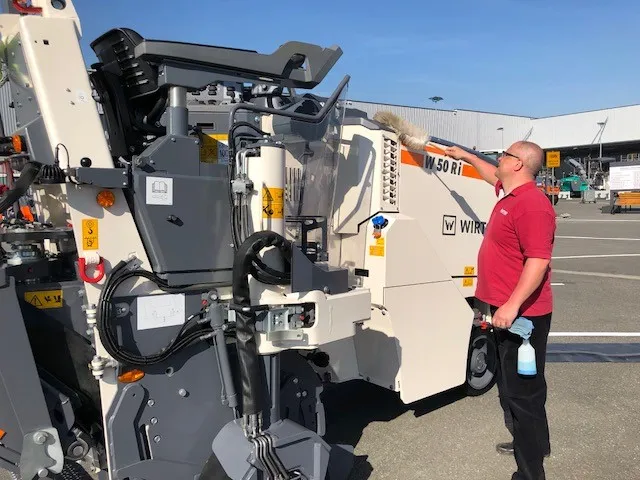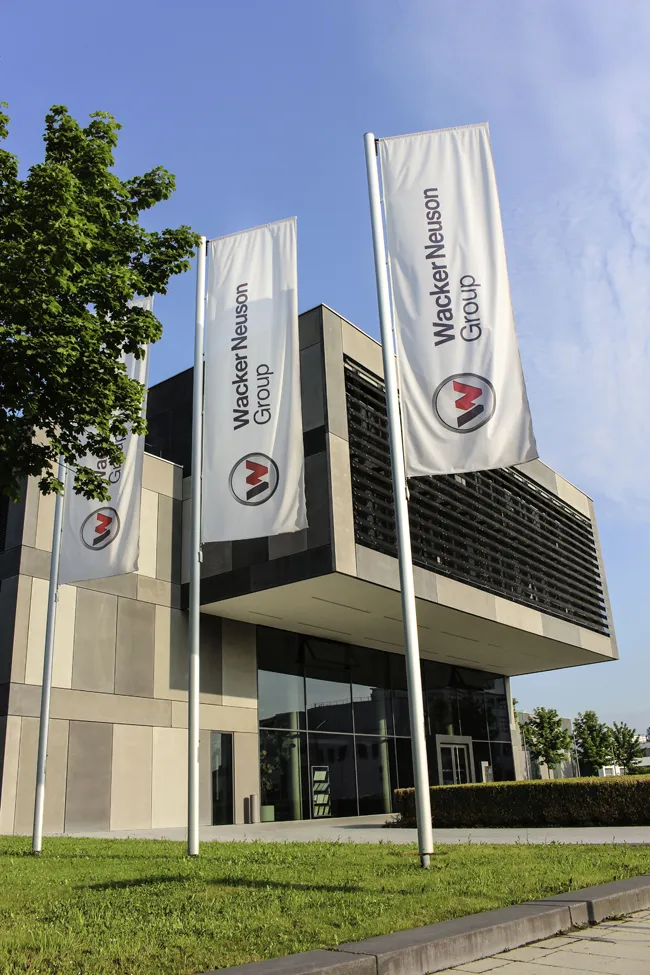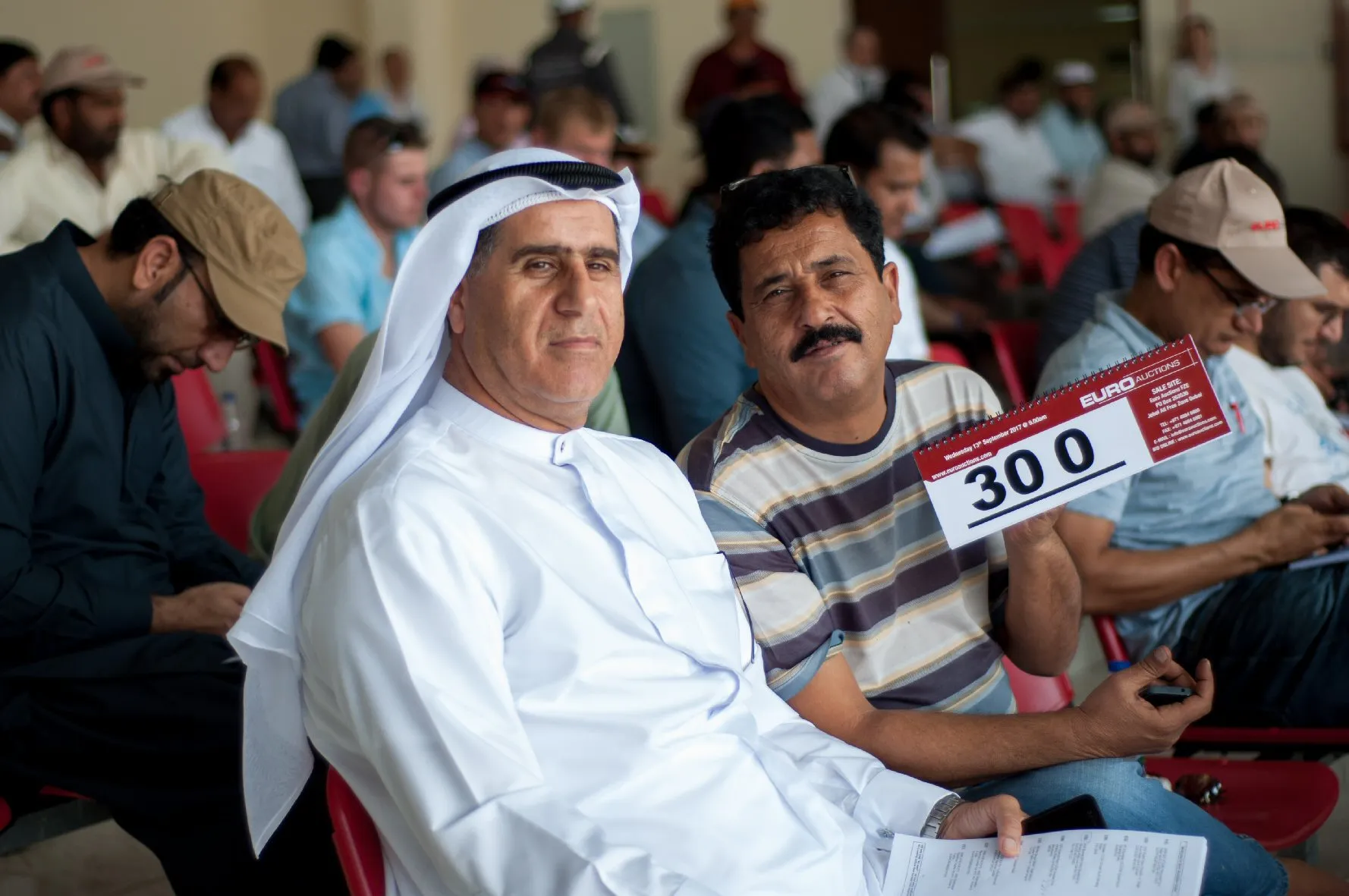
The gods were smiling on the
Within days the season dramatically changed from dreary chilly late winter to high temperatures, just in time to bathe the amassed demonstration equipment and the 4,000 guests in summer sunshine.
But there won’t be any such dramatic changes within the Wirtgen Group, according to Domenic Ruccolo. After 28 years with
“No plans are in place to put the leaping deer on any of the [Wirtgen] brands,” said Ruccolo. “The brands are world-leading and when you have the opportunity to make the acquisition of such brands, there is no point in changing a very good thing.”
He said it was a “perfect match” between John Deere’s construction which features earthmoving equipment, and forestry division and the Wirtgen Group which focuses on road construction. “There is absolutely no product overlap.”
The few changes that have occurred includes the Wirtgen brothers stepping down from their private family business, putting it into the hands of the publicly traded John Deere.
About six people from John Deere, including Ruccolo, moved over to Wirtgen. “There’s really not a whole lot need of more from John Deere on that standpoint,” he said.
John Deere and Wirtgen production will remain separate. Importantly, investments planned by the brothers will continue apace, with much of the millions of euros already spent on upgrading facilities and expanding sites.
What John Deere does get is a global reach for its quality products, he said. “One of Wirtgen’s strengths is its global sales and distribution network through its company-owned subsidiaries – “a cornerstone of success for Wirtgen”.
There is a saying in English, if it ain’t broke, don’t fix it. This appears to sum up John Deere’s attitude to its acquisition. As he pointed out during an hour-long press conference in which he also took questions from the media, John Deere does not have a history of growing by acquisition. Organic growth, “what drives John Deere”, has been the model and the company is doing very well, even without acquiring Wirtgen.
For 2018, sales of John Deere are likely to be around 29% up on last year. Wirtgen will account for around 12% of the increase.
Wirtgen is now within John Deere’s construction (earthmoving) and forestry division. Sales for this division will rise by 80%, with around 56% coming from Wirtgen.
For John Deere to start aggressively selling its earthmoving and forestry products on a much more global scale, it gets Wirtgen’s sales talent and local knowledge. “We’re not in Europe [but] were in Europe once upon a time and we feel we are back in Europe now.” But even on this score he is cautious about disturbing a finely tuned Wirtgen machine.
The American company’s other division – it has only two - is agriculture and turf, an area where John Deere has its own highly developed telematics systems for large-scale agriculture equipment such as used for the accurate planting of seeds.
He claims that John Deere – 182 years old - now has the world’s largest range of road construction equipment. Synergies abound in the supply chains of the two companies, he explained. Over time, some john Deere components, such as engines, could be incorporated into Wirtgen machinery to more vertically integrate the acquisition.
“And in other technologies. In electronics, telematics is a big part of the construction industry, as well for the Wirtgen Group. John Deere has significant presence and capabilities that will enhance the Wirtgen Group systems.”
Since 2005, the Wirtgen Group’s Technology Days event has been held alternately at the headquarters of cold milling specialist Wirtgen, road paver manufacturer Voegele and roller manufacturer Hamm. The event that has grown from 1,000 attendees at the first show in 2005 to around 4,000 from more than 100 countries.
This year at Voegele’s expanded 370,000m² site in Ludwigshafen am Rhein, the three companies of the Wirtgen Group demonstrated the latest developments in cold milling, cold recycling, soil stabilisation, paving and compaction. Two live demonstrations involved 25 machines milling, feeding material, placing asphalt and compacting an area of around 3,000m2. There were also specialist talks, factory tours and a machinery exhibition featuring around 70 of the group’s products.
As the acquiring partner in the acquisition, part of John Deere’s work is already done. The US firm has bought a global business that is not looking for a partner to help with a long-term strategic and financial plan. Wirtgen already has one, and one that is well-on the way to completion, especially manufacturing capacity.
“Wirtgen Group is not going to deviate from sustainable investment strategy that has led to the size and importance of Wirtgen. We are continuing to invest in our own [John Deere] factories and subsidiary network for sales and service.”
At the Voegele site, there are new production material storage areas, a new 22,200m2 dispatch hall completed in April, and a planned extension to the final assembly line to be ready by the beginning of 2020 latest. This is at least a €34 million investment, not including the essential upgrades to production and assembly machinery.
At
Meanwhile, at Kleeman, there’s been a 50% increase in production that cost around 50 million. At asphalt mixing specialist
Globally there are new Wirtgen subsidiaries opening up, including in China and Bulgaria, as well as a new training centre in Nashville, in the US.
It is likely that telematics will create the merging of minds between John Deere and Wirtgen. But could there actually be some joining of forces – employees, sites, physical resources – of John Deere and Wirtgen? “Absolutely,” said Ruccolo. “That’s kind of already underway.”
Telematics plays a big role in the Wirtgen’s WITOS paving system and there is more and more demand from customers. John Deere manufactures a lot of electronics components used in Deere, not only in earthmoving and forestry, but most importantly in agriculture.









